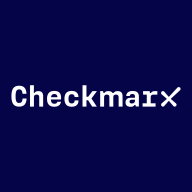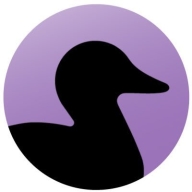

Checkmarx One and Seeker Interactive are competitive products within the application security domain. Seeker Interactive may have the upper hand due to its robust DAST capabilities and real-time assessment.
Features: Checkmarx One delivers extensive static application security testing, exceptional language support, and comprehensive code analysis. Seeker Interactive shines with dynamic application security testing, real-time interactivity, and realistic attack simulations.
Ease of Deployment and Customer Service: Checkmarx One provides a cloud-based model for easy integration and fast setup, coupled with supportive customer service. Seeker Interactive offers adaptable deployment with cloud and on-premise options, featuring sustained support and flexibility for varied infrastructures.
Pricing and ROI: Checkmarx One presents a competitively priced subscription model, ensuring strong ROI with its wide capabilities. Seeker Interactive, although generally higher in cost, offers considerable ROI through advanced features that promise long-term value and cost savings.
| Product | Market Share (%) |
|---|---|
| Checkmarx One | 5.2% |
| Seeker Interactive | 2.7% |
| Other | 92.1% |


| Company Size | Count |
|---|---|
| Small Business | 32 |
| Midsize Enterprise | 9 |
| Large Enterprise | 46 |
Checkmarx One is an enterprise cloud-native application security platform focused on providing cross-tool, correlated results to help AppSec and developer teams prioritize where to focus time and resources.
Checkmarx One offers comprehensive application scanning across the SDLC:
Checkmarx One provides everything you need to secure application development from the first line of code through deployment and runtime in the cloud. With an ever-evolving set of AppSec engines, correlation and prioritization features, and AI capabilities, Checkmarx One helps consolidate expanding lists of AppSec tools and make better sense of results. Its capabilities are designed to provide an improved developer experience to build trust with development teams and ensure the success of your AppSec program investment.
We monitor all API Security reviews to prevent fraudulent reviews and keep review quality high. We do not post reviews by company employees or direct competitors. We validate each review for authenticity via cross-reference with LinkedIn, and personal follow-up with the reviewer when necessary.